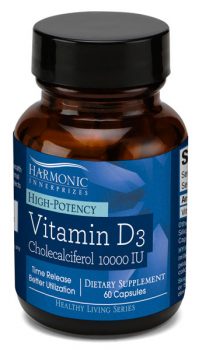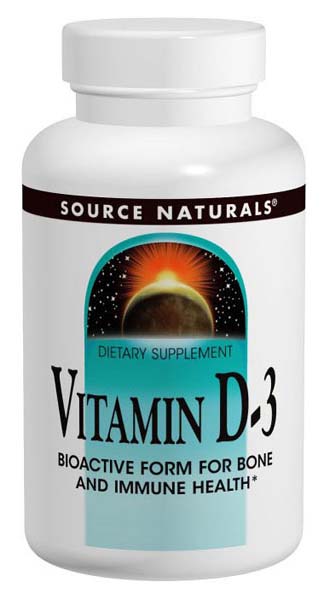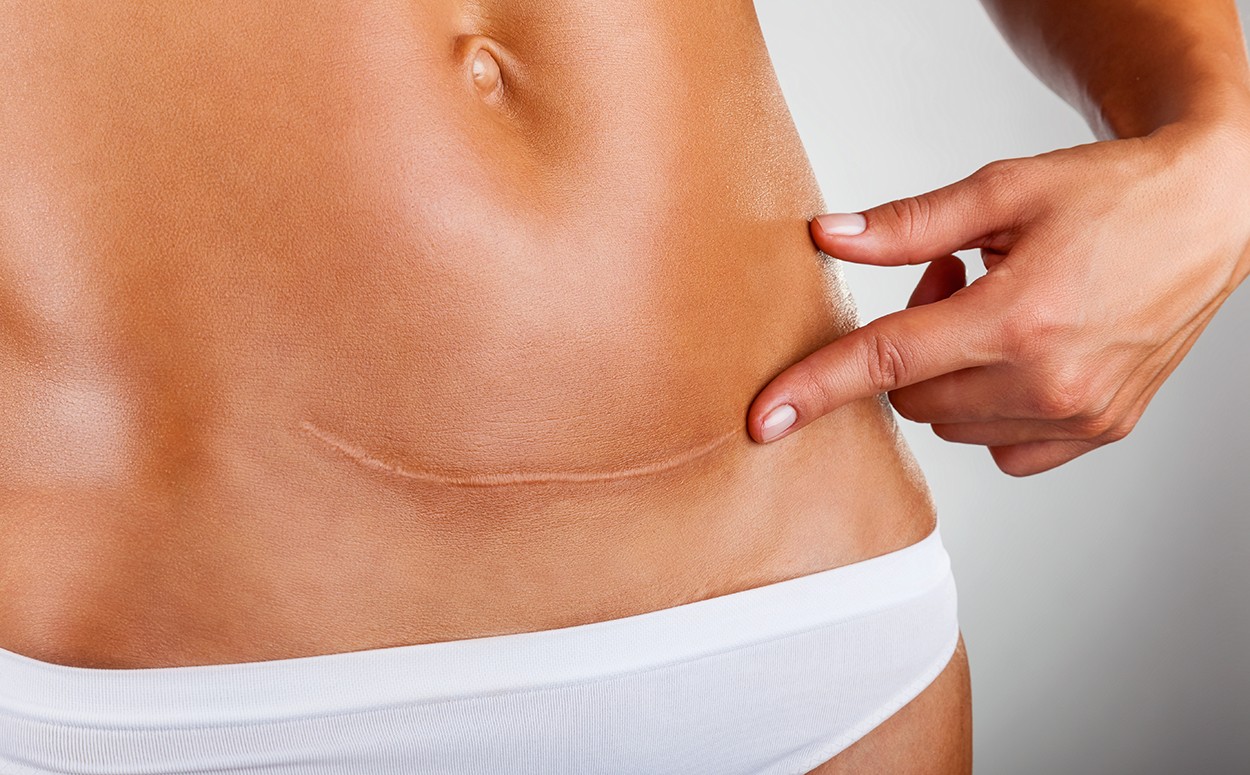
The Vitamin D and Fibroid Tumor Connection
With so many women dealing with fibroid tumors today, more research is being done to determine what steps might be taken to help to manage them. A 2012 study from the National Institutes of Health (NIH) reports that in fact, there may be a significant connection between Vitamin D and fibroid tumor prevalence, especially among African American women. More specifically improving a Vitamin D deficiency may be a key player in helping to manage fibroid tumors. This is great news for women struggling to manage fibroid tumors, as Vitamin D is easily accessible in several forms.
Fibroid tumors are usually benign, and are made up of nodules of smooth muscle cells and fibrous connective tissue, called fibrin, hence the name ‘fibroid’ tumor. These tumors develop within the wall of the uterus. Fibroids may grow as a single nodule or in clusters and may range in size from 1 mm to more than 20 cm (8 inches) in diameter. They may grow within the wall of the uterus or they may project into the interior cavity or toward the outer surface of the uterus.
Fibroids can be found in any ethnicity, however according to NIH, “fibroids are three to four times more common in African-American women than in white women. Moreover, African-American women are roughly 10 times more likely to be deficient in vitamin D than are white women.”
Often women given the diagnosis of uterine fibroid tumors are recommended to have surgery to remove the fibroid, or in more extreme cases, the entire uterus. This is a problem for women on many levels, one of the primary being that it can significantly affect fertility.
NIH says, “In previous research, the study authors found that vitamin D inhibited the growth of human fibroid cells in laboratory cultures.”
This is exciting for women because as the researchers point out, this could provide, “a promising new lead in the search for non-surgical treatment of fibroids that doesn’t [negatively] affect fertility.”
The research done included testing on “a strain of rats genetically predisposed to developing fibroid tumors. After examining the animals and confirming the presence of fibroids in 12 of them, the researchers divided the rats into two groups of six each: those that would receive vitamin D and those that would not. Fibroids increased in size in the untreated rats, but, in the rats receiving vitamin D, the tumors had shrunk dramatically. On average, uterine fibroids in the group receiving vitamin D were 75 percent smaller than those in the untreated group.”
Getting Vitamin D Every Day
 The most obvious sources of Vitamin D are food and the sun. While it is true that the sun provides Vitamin D, most of us are left with the conundrum of dealing with the sun’s damaging rays effect on skin. Additionally, most sunscreens inhibit the production of Vitamin D. In order to get the amount of Vitamin D from the sun needed to manage fibroid tumors, it would require significant sun exposure without sunscreen – not a worthwhile gamble.
The most obvious sources of Vitamin D are food and the sun. While it is true that the sun provides Vitamin D, most of us are left with the conundrum of dealing with the sun’s damaging rays effect on skin. Additionally, most sunscreens inhibit the production of Vitamin D. In order to get the amount of Vitamin D from the sun needed to manage fibroid tumors, it would require significant sun exposure without sunscreen – not a worthwhile gamble.
Using the sun as the sole source of Vitamin D is further problematic because most of us don’t live in a climate where we can get adequate Vitamin D from the sun year round.
Also something to consider: for African-American women, it is difficult to obtain Vitamin D from the sun because darker skin pigmentation reduces Vitamin D production in the skin.
Diet can provide some Vitamin D, mostly in the form of fish, egg yolk, and some fortified foods. However, most fortified foods use Vitamin D-2, which has shown to be less absorbable that Vitamin D-3 in the body. Again, the amount of food we would need to obtain is a therapeutic amount of Vitamin D is not easily achieved through diet alone.
Ideally, a woman should get some healthy sun exposure, include foods in her diet that are rich in Vitamin D, and supplement with a high quality supplement designed to deliver therapeutic levels of Vitamin D. In the study, the amount of vitamin D the rats received each day was equivalent to a human dose of roughly 1,400 international units. The recommended amount of vitamin D for teens and adults age 70 and under is 600 units daily, although up to 4,000 units is considered safe for children over age 9, adults, and for pregnant and breastfeeding females.
Read more about VITAMIN D DEFICIENCY.
Testing Vitamin D Levels
With today’s changing lifestyle, a large majority of people, especially women, are deficient in Vitamin D. Because Vitamin D is a fat soluble vitamin, however, it is suggested that a person test their Vitamin D levels before supplementing with Vitamin D at high doses. Women can easily test their Vitamin D levels with a simple blood test. You can ask your doctor to order the text for you. Most insurance companies pay for the test. You can also order do-it-yourself test kits from ZRT Laboratory through the Vitamin D Council here.
Vitamin D-3 Supplements

Vitamin D-3 from Harmonic Innerprizes is a high potency, time release supplement with cholecalciferol, the highest-quality Vitamin D-3 available.
 Vitamin D-3 from Source Naturals contains 2000 IU (as cholecalciferol), the most efficient form needed by the body for cell and bone health among its other benefits.*
Vitamin D-3 from Source Naturals contains 2000 IU (as cholecalciferol), the most efficient form needed by the body for cell and bone health among its other benefits.*Reference
NIH article: http://www.nih.gov/news/health/mar2012/nichd-01.htm
1 Comment
Comments are closed.





Pls can a pregnant wowan time this ur product. A wowan with 5 years fibroid experence. How can we Good the the product